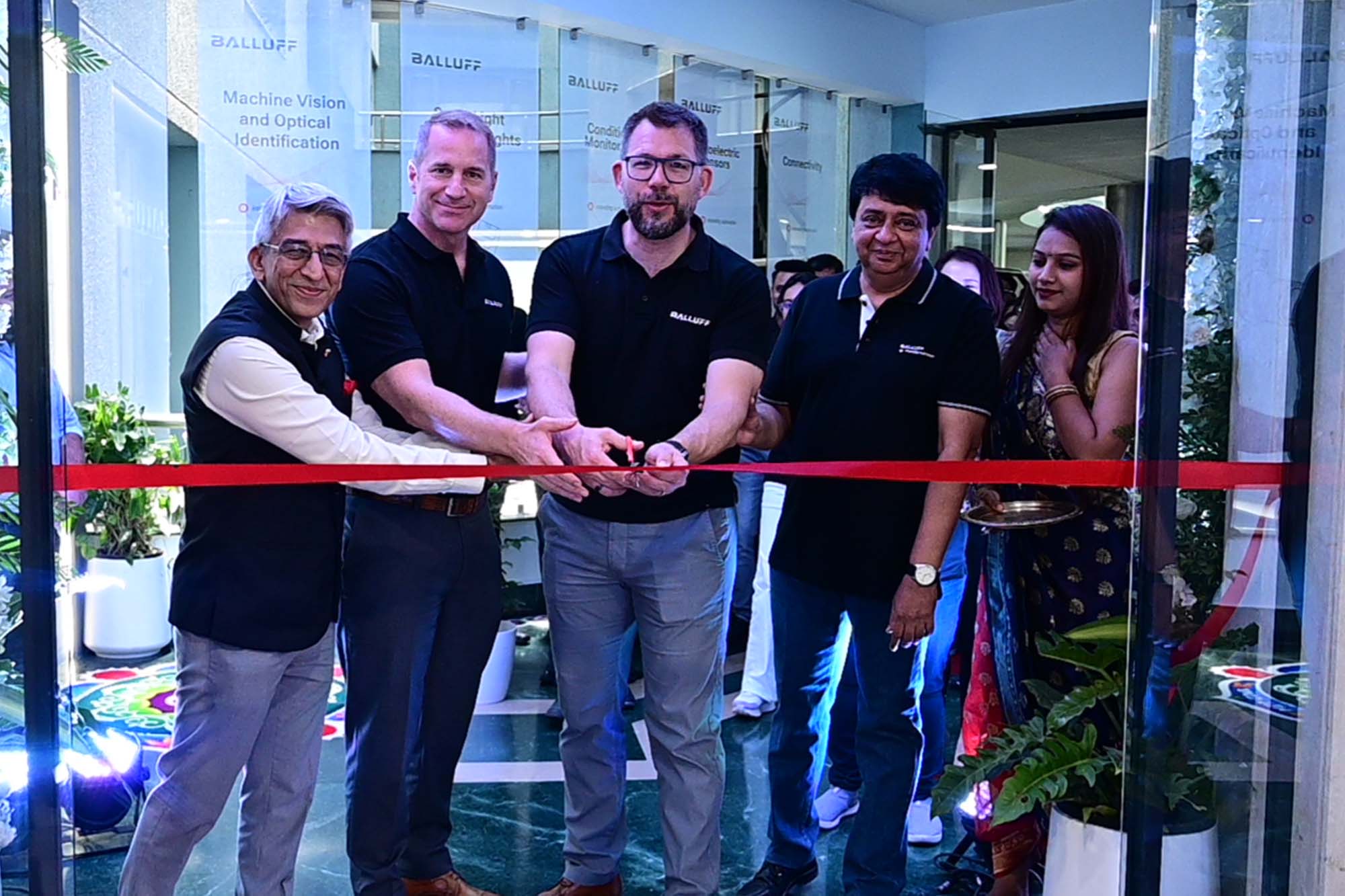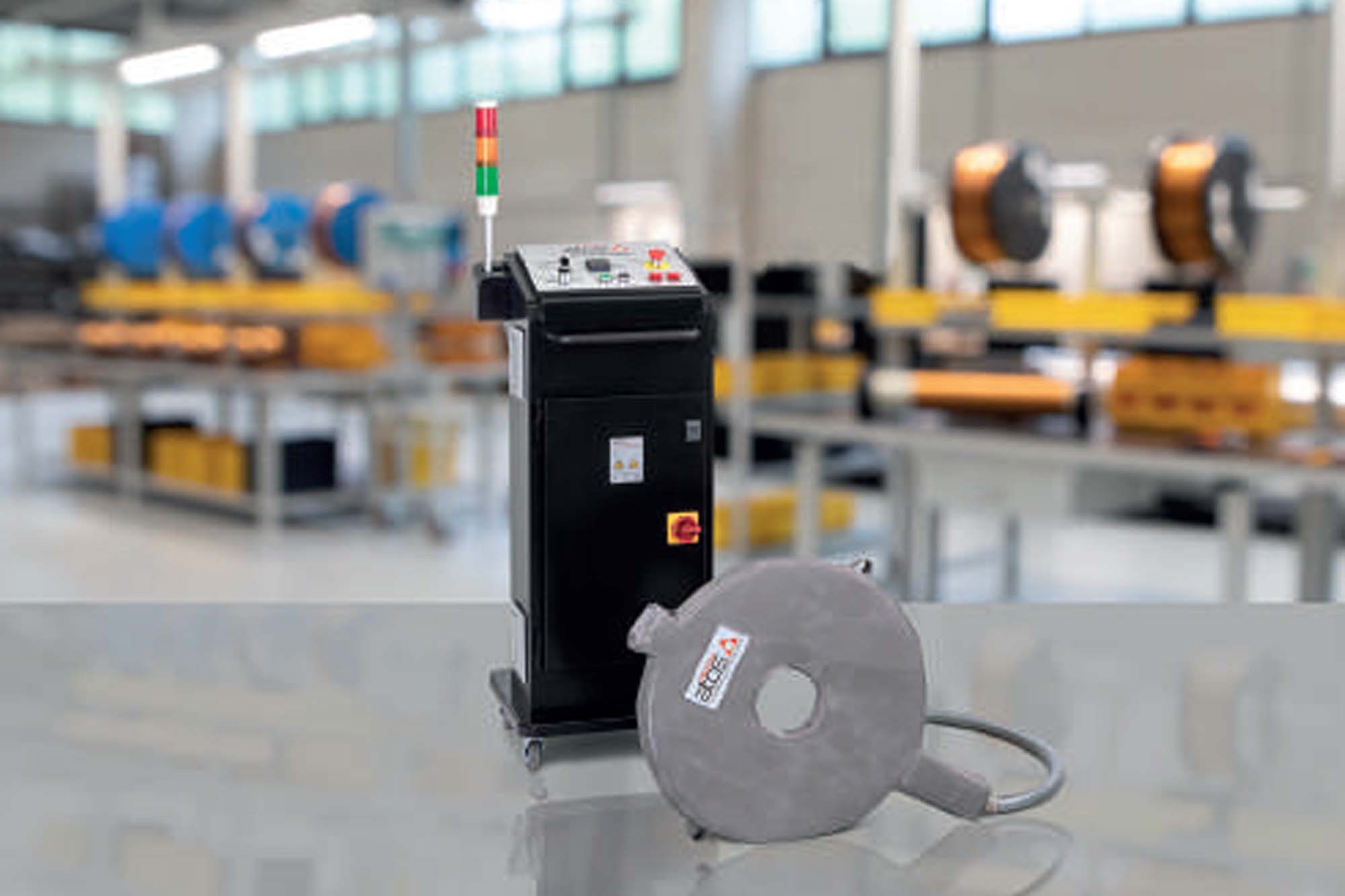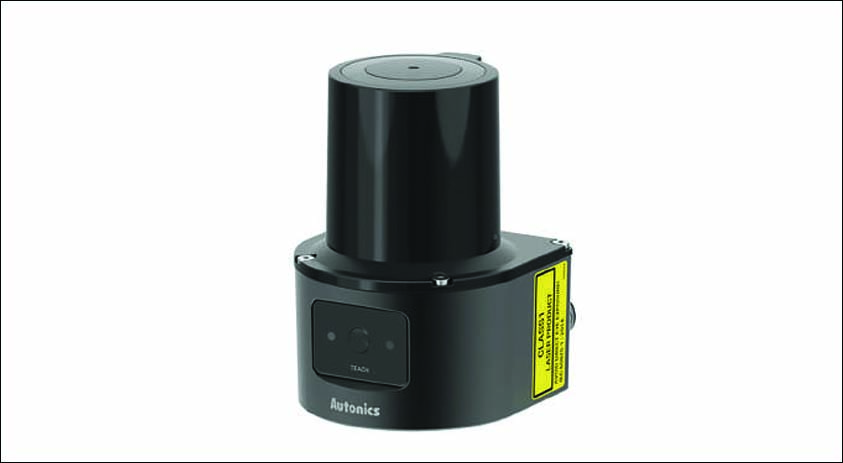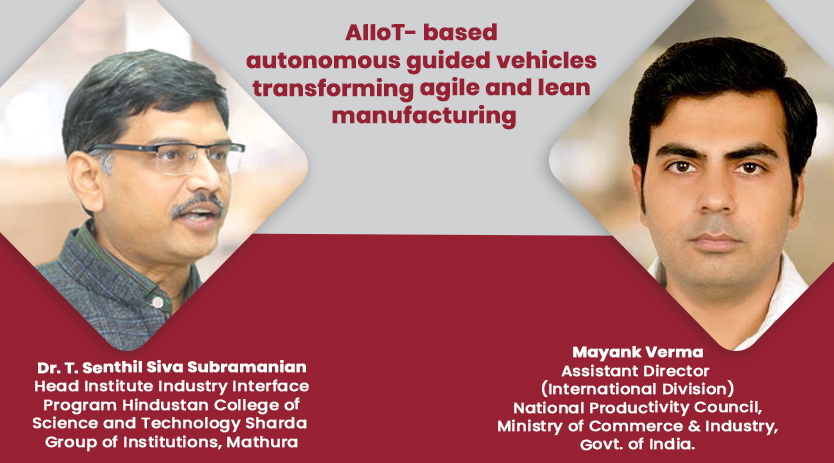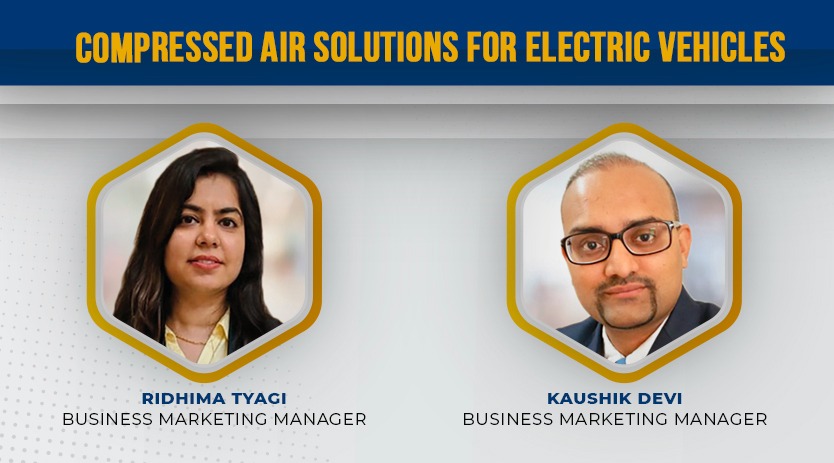Data Centres revolve around AI and sustainability
By OEM Update Editorial March 13, 2024 6:51 pm IST
The data centre industry faces significant challenges in 2024, with a pressing need for advanced AI enablement and energy management to reduce energy consumption, costs, and greenhouse gas emissions.
The proliferation of AI, as forecasted by Vertiv two years ago, is evident in the current state of the data centre industry. The challenges related to infrastructure and sustainability in AI-capable computing are pervasive, as highlighted in the 2024 data centre trends forecast by Vertiv.
Vertiv CEO Giordano (Gio) Albertazzi said, “AI and its downstream impact on data centre densities and power demands have become the dominant storylines in our industry. “Finding ways to help customers both support the demand for AI and reduce energy consumption and greenhouse gas emissions is a significant challenge requiring new collaborations between data centres, chip and server manufacturers, and infrastructure providers.”
Vertiv’s experts expect trends like AI setting the terms for new builds and retrofits, expanding the search for energy storage alternatives, cloud, etc., to dominate the data centre ecosystem in 2024.
Surging demand for artificial intelligence across applications pressures organisations to change their operations. Legacy facilities need to be equipped to support widespread implementation of the high-density computing required for AI, with many needing more infrastructure for liquid cooling. In 2024, more and more organisations will realise that half-measures are insufficient and opt instead for large-scale retrofits that fundamentally alter their power and cooling infrastructure. These substantial shifts create openings for integrating environmentally friendly technologies and practices. This includes using liquid cooling for AI servers and air-cooled thermal management to support the overall data centre environment effectively.
New energy storage technologies can intelligently integrate with the grid and deliver a pressing objective – reducing generator starts. Battery energy storage systems (BESS) support extended runtime demands by shifting the load as necessary and for longer durations. It can integrate easily with alternative energy sources like solar or fuel cells. This minimises generator use and reduces their environmental impact. BESS installations will be more common in 2024, eventually evolving to fit “bring your power” (BYOP) models and delivering the capacity, reliability and cost-effectiveness needed to support AI-driven demand.The cloud and colocation providers strongly pursue new deployments to meet increasing demand. Organisations with enterprise data centres will likely diversify their investments and deployment strategies. Incorporating AI plays a crucial role as organisations grapple with how best to enable and apply this technology while adhering to sustainability. Businesses may explore on-premise capacity to support proprietary AI, and the influence of AI on edge application deployments may become apparent. Many organisations are expected to phase investment, relying on prefabricated modular solutions, service, and maintenance to save the lifespan of legacy equipment. These services offer additional benefits by optimising operations to create capacity in fully utilised computing environments and enhancing energy efficiency. Moreover, organisations can reduce Scope 3 carbon emissions by extending the life of existing servers instead of replacing them.
Gatner projects global spending on public cloud services to increase by 20.4 percent in 2024, and the mass migration to the cloud shows no signs of abating. This puts pressure on cloud providers to increase the world to enable that expansion. For cloud customers moving more and more data offsite, security is paramount, and according to Gartner, 80 percent of CIOs plan to increase spending on cyber/ information security in 2024.
For more information visit Vertiv.com.
Cookie Consent
We use cookies to personalize your experience. By continuing to visit this website you agree to our Terms & Conditions, Privacy Policy and Cookie Policy.






